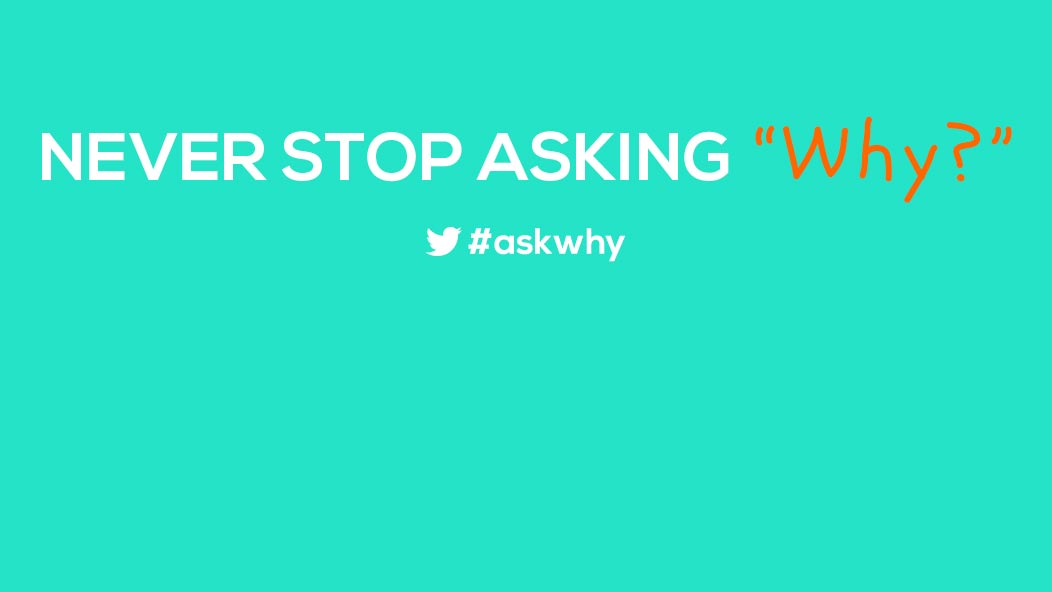
For the majority of students, it’s one of the most exciting times of the year – school is out! Textbooks have been returned. Outdoor pools are filled and open. Torn and tattered notebooks have been tossed into the trash. Summer camps are beginning roll call. Backpacks have found a new home in the backs of closets. Summer break has begun. But why? We answer this question with help from Mental Floss.
Believe it or not, there was a time when kids did not get summers off. According to Mental Floss, in 1842, Detroit’s academic year lasted 260 days. This was common for the time, where children of city dwellers in major American cities found themselves in a classroom all year long. Before the Civil War, farmers’ kids also did not get a summer break, but rather, spring and fall breaks. Because their farming parents needed help planting and harvesting crops, these children went to school during summer and winter but stayed home during the spring and fall.
This changed as cities got denser and hotter. Without the modern convenience of air conditioning, city schools and businesses were miserable during the dog days of summer. To escape the heat, middle- and upper-class families started traveling to cooler countrysides, leaving school attendance numbers dwindling.
In an effort to mandate this loss in attendance, urban districts cut about 60 days from the school year during the hottest months. Soon, rural districts adopted the same school calendar so that they would not fall behind.
During the transition to giving students a summer break, many advocates for vacation time argued that the brain was a muscle and needed time to rest in order to prevent injuries. Today, we know this is not true.
“Summer is a time for children to step away from schoolwork, but numerous studies demonstrate that students often lose important academic skills when they don't engage in educational activities during the summer break,” said Cathy Southerland, The Children's Museum's director of early childhood education. “Teachers then may have to spend up to a month re-teaching material that students have forgotten over the summer.”
Southerland suggests using technology as a tool to keep a child motivated to do school work over the summer. If the work includes a hands-on component, such as performing science experiments, children will have fun while sharpening their science skills at the same time.









